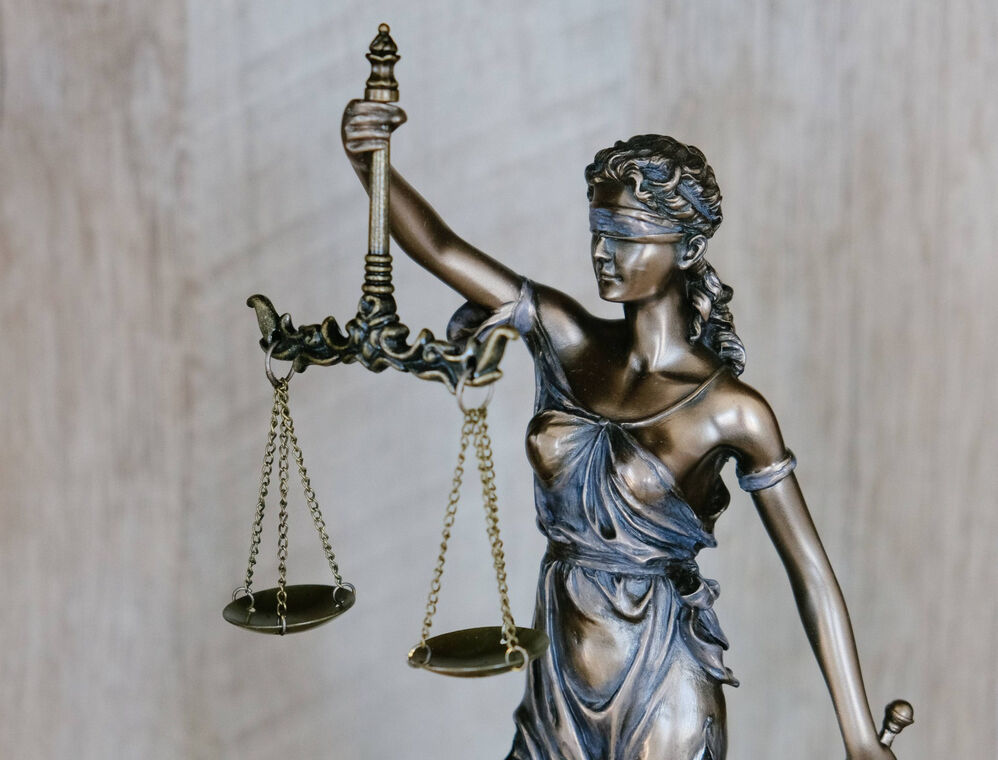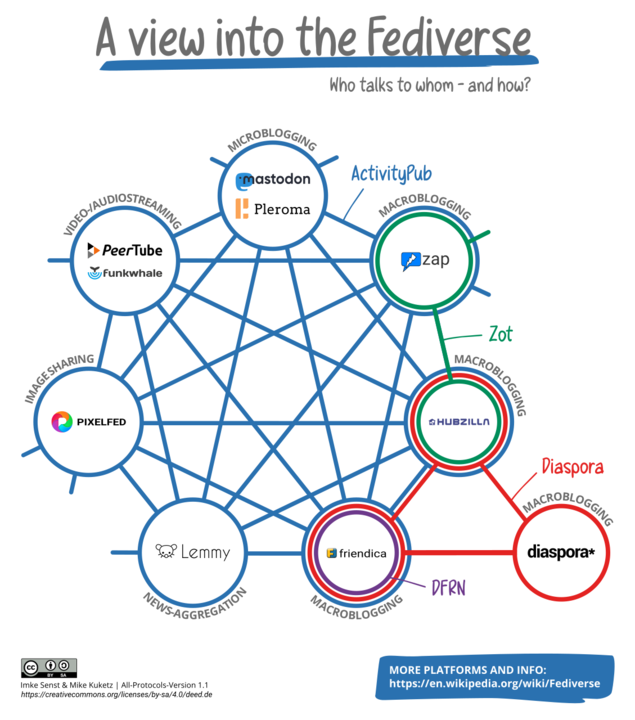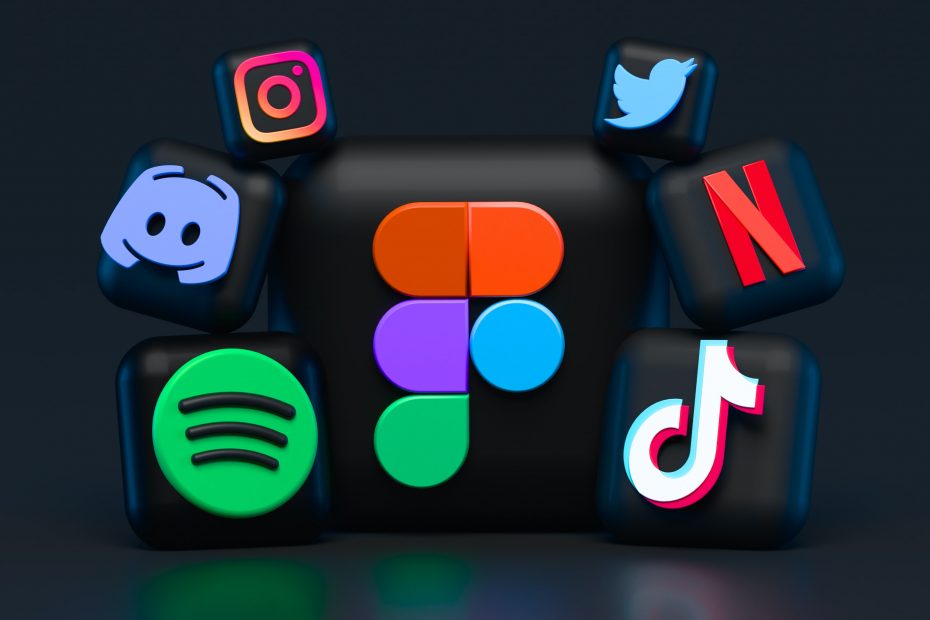The acquisition of the social network Twitter by billionaire Elon Musk inspired us to write a blogpost about the social role of social media. In our blog post on microtargeting, we already looked at the political dimension and the effects on our democratic system. Here, we would like to take a fundamental look at how it works and the social opportunities and risks.
The Emergence of Social Networks

The early precursors of social networks date back to the 1980s when electronic bulletin board systems made it possible to exchange data and messages between users on a platform. With the expansion and improvement of the Internet, the first social networks in today’s sense were developed and became more popular in the mid-2000s. MySpace and LinkedIn were founded in 2003, Facebook the following year and Twitter in 2006, while StudiVZ, the first nationally known platform from Germany, was founded in 2005. Since the beginning of the 2010s, social networks became a global mass phenomenon. In 2010, for example, Facebook became the first social network to reach half a billion users, and other networks that are widely used today were developed, such as Instagram (2010) and TikTok (2016).
Today, about 4 billion people worldwide use social media, which is close to 60 percent of the world’s population. In the European Union, the percentage of people who use social media themselves is just over 60 percent. In Germany, almost 80 percent of the population (66 million) are even active on social media with an average of 6 accounts. In addition to the networks already mentioned, these include services such as WhatsApp (2009), YouTube (2005) and Snapchat (2011). It should be noted here that the exact target audience and business model of each platform may differ somewhat, as each of these networks offers its own functions. [1, 2, 3]
Although social networks were initially conceived as an interesting idea for cross-location networking and communication, nowadays there are some experts who point out the political, social, economic and also psychological effects.
The Opportunities of Social Media

In this and the following section, we would like to explain the advantages and disadvantages of social media. Of course, there may be other individual reasons to use social media or not.
Maintain Private Contacts
Social media or social networks are digital communication media that enable the interactive exchange of information in a wide variety of forms. Accordingly, one of the obvious advantages is that new acquaintances can be made and existing contacts maintained via social networks. Whereas mutual exchange over greater distances was previously much more difficult, social networks allow people to communicate with each other at any time and in any place.
Strengthening of the Civil Society
Social networks offer the opportunity to significantly strengthen civil society, as important topics and events often no longer require large media houses or political agenda-setters to generate social relevance. Cases such as the murder of George Floyd can generate worldwide attention via social media channels and thus trigger important political debates and reactions. The role of social media for social and political change is also widely discussed in the context of the so-called ‘Arab Spring’ or the current protests in Iran. [4, 5]
Entrepreneurial Uses
At least in theory, even the smallest companies can approach potential customers directly through clever social media marketing without buying expensive advertising placements in conventional mass media. Likewise, contact with existing customers can be maintained, social media data can be used for acquisition, and new personnel can be recruited.
Of course, we are aware that entrepreneurial uses in particular are also rightly viewed critically. On the one hand, most social media generate a large part of their revenue by placing paid advertising posts. Behind the often casual-looking advertising campaigns on social media are correspondingly large marketing teams. Thus, large companies with a high commitment of financial resources are placed significantly better than small companies. In addition, we have already pointed out several times in our blog the dangers of the accumulation of huge data sets of private individuals that are used or exploited commercially. We address some of these aspects in more detail in the following paragraph.
The Risks of Social Media

Network Effects & Monopolies
Social media are largely characterized by the so-called network effect, i.e. the benefit of a service increases for each user with the total number of users. To put it simply: for you to use a social network regularly, it must also include your friends, acquaintances and other people with similar interests and topics of conversation. Otherwise, the network is of no use to you. Social networks therefore function according to the “winner takes it all” principle. Thus, digital (quasi-)monopolies form and market power emerges. [6]
Insofar as companies have market power, the users, i.e. all of us who use the aforementioned platforms, suffer obvious, or mostly less obvious, disadvantages, such as overpricing or economic and social dependencies, which can lead, for example, to our privacy and personal rights being undermined. In our blog, we have already dedicated ourselves in detail to the topic of platform economies & digital monopolies in the past.
In the case of social networks, an important socio-political dimension also arises from the formation of monopolies. Social networks, including Twitter in particular, are used as a public space to exchange political opinions. In fact, however, these are a few, private platforms with private servers that set the framework and can decide for themselves who is allowed to take place with what content. This results in considerable potential to influence public opinion. State regulation that would limit the influence of these platforms is not easy to implement, as the risk of restricting freedom of opinion and freedom of the press is closely intertwined with this. [7]
Data Protection & Privacy
Data protection and privacy are fundamentally difficult to reconcile with social media (“privacy dilemma”). This is because social media thrive on the public self-presentation of private individuals, which always creates a conflict with privacy. Whether through pictures, video or (political) opinions that we post, share, like or even just look at, we reveal information about ourselves to the public and to the private networks themselves. So even in the case of appropriate and privacy compliant handling of the personal data generated in the process, a trade-off exists between privacy and social media. [8]
In reality, moreover, basic privacy and data protection principles are not taken into account by social networks. All major social networks do not originate from Europe, which means that compliance with the General Data Protection Regulation (GDPR) can hardly be controlled. In addition, the business model of these networks is based on marketing and selling the data of private individuals. Thus, there is an obvious conflict of objectives between data protection and commercial interests. Although alternative business models are certainly conceivable, for example through paid subscriptions to social networks, these have not yet been able to gain acceptance.
Under the following link you will find a guide to data protection in all known social networks with tips on the privacy settings you should make.
Effects on Mental Health
One final aspect that we would like to mention at least briefly here is the impact of social media on mental health. Since this is a sensitive topic and we do not have any expertise in this area ourselves, we would simply like to point out that some studies indicate a connection between mental health and the use of social media. This is mainly due to the permanent comparison of one’s own life reality with the embellished or staged reality of others in social networks, the flooding of audiovisual stimuli, the time spent online and the “addiction” to confirmation through likes and positive comments. For a clear account of this, see our sources at the end of the article. [9]
In addition, we would like to recommend the channel @systemischegesundheit [German] on Instagram, where there are regular updates on mental health, psychology and psychotherapy. There is also a guest post by him on the mental effects of the home office in our blog.
Independent Social Media: Mastodon and the Fediverse

Since social networks inherently tend to monopolize due to the network effect, the so-called Fediverse was developed to counteract this. The Fediverse (“Federation” & “Universe”) is a network of independent social networks and services that emerged in 2008 with GNU Social. While it obviously needs the network effect just as much to be a serious alternative to the large, private platforms. However, there are significant special features that are intended to prevent monopolization and the resulting negative consequences. The best known service within Fediverse is the Twitter alternative Mastodon. [10, 11]
Free Software
The Fediverse is based on Free, Open Source Software. The Free Software Foundation Europe defines software as “Free” if it fulfills the basic four freedoms: The freedom to use the software, the freedom to understand it, the freedom to distribute it, and the freedom to improve it. These freedoms imply open source code, which among other things ensures that the individual services within Fediverse do not run hidden processes that undermine the data protection and privacy of users.
Decentralized
In contrast to the well-known services, the Fediverse services are not located on centralized platforms, but decentrally on a total of several thousand instances around the world. This means that they cannot simply be shut down by political or corporate pressure.
Interoperability
The basic principle of Fediverse is that you can create a user account on any platform in Fediverse and use it to communicate with users on all other platforms without having to create additional accounts.
Non-profit Character
The well-known social networks are huge corporations that are subject to the constraints of commercialization. In order to continue to exist, the companies are absolutely dependent on the marketing of the private data of their users. The services in Fediverse are based on the support of the community, i.e. there are usually lead (non-profit) companies that drive the development of the individual services, but the instances can be operated by private individuals, associations or other entities.
ViOffice on Mastodon
Every individual can actively contribute to strengthening the free alternatives to private networks and thus regain digital self-determination. Precisely because social media work via the network effect, every account less on the private networks and more in the Fediverse is a direct success for privacy and data protection. That’s why we are also on Mastodon in the Fediverse out of conviction. Feel free to follow us at https://mastodon.cloud/@ViOffice.
Sources
- Kemp, Simon (2020): Digital Report 2020. Online unter: https://wearesocial.com/uk/blog/2020/01/digital-2020-3-8-billion-people-use-social-media.
- Statista (2021): Social Media Usage in Europe – Statistics & Facts. Online unter: https://www.statista.com/topics/4106/social-media-usage-in-europe/.
- Lewanczik, Niklas (2021): 66 Millionen Social Media User in Deutschland – mit durchschnittlich je 6 Accounts. Online unter: https://onlinemarketing.de/cases/66-millionen-social-media-user-in-deutschland.
- Milz, Katharina (2011): Die Bedeutung Sozialer Netzwerke in der arabischen Welt. Online unter: https://www.kas.de/c/document_library/get_file?uuid=d5a6acda-e09f-07ba-4e3d-1d80526a844e&groupId=252038.
- Alterman, Jon (2022): Protest, Social Media, and Censorship in Iran. Online unter: https://www.csis.org/analysis/protest-social-media-and-censorship-iran.
- Dörner, Stephan (2016): Netzwerkeffekt erklärt – Warum es nur ein Facebook gibt. Online unter: https://t3n.de/news/netzwerkeffekt-erklaert-728589/.
- Linß, Vera und Richter, Markus (2021): Facebook, Twitter, Instagram & Co. – Wie soziale Medien reguliert werden können. Online unter: https://www.deutschlandfunkkultur.de/facebook-twitter-instagram-co-wie-soziale-medien-reguliert-100.html.
- Datenschutz.org (2022): Datenschutz in sozialen Netzwerken – Sehen und gesehen werden. Online unter: https://www.datenschutz.org/soziale-netzwerke/.
- AOK Gesundheitsmaganzin (2021): Souverän mit sozialen Medien umgehen. Online unter: https://www.aok.de/pk/magazin/koerper-psyche/psychologie/der-einfluss-sozialer-medien-auf-die-psyche/.
- Simon, Leena und Pietsch, Christian und AG Digitale Selbstverteidigung (2021): Fediverse – so geht gutes Social Media. Online unter: https://digitalcourage.de/digitale-selbstverteidigung/fediverse.
- Rehberg, Andreas Itchak (2022): Ausgezwitschert – Mastodon als dezentrale Alternative zu Twitter. Online unter: https://www.heise.de/hintergrund/Ausgezwitschert-Mastodon-als-dezentrale-Alternative-zu-Twitter-5990159.html.
Pascal founded ViOffice together with Jan in the fall of 2020. He mainly takes care of marketing, finance and sales. After his degrees in political science, economics and applied statistics, he continues to work in scientific research. With ViOffice, he wants to provide access to secure software from Europe for everyone and especially support non-profit associations in their digitalization.


